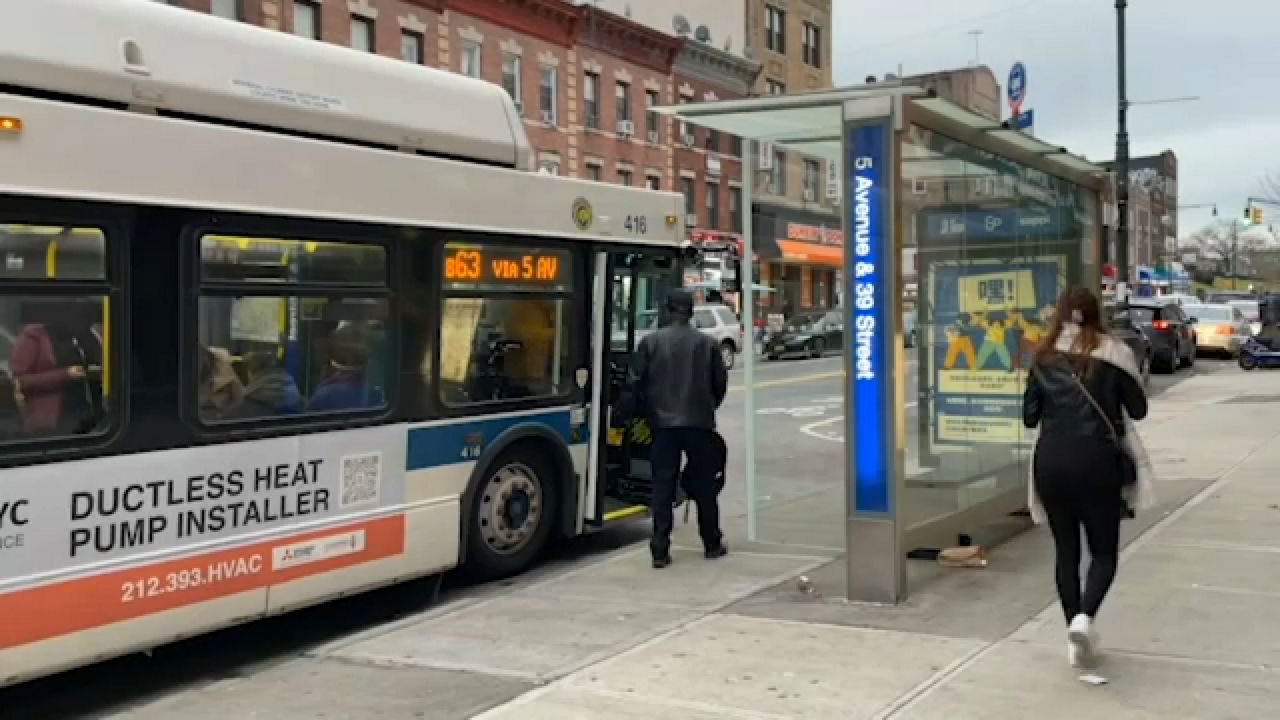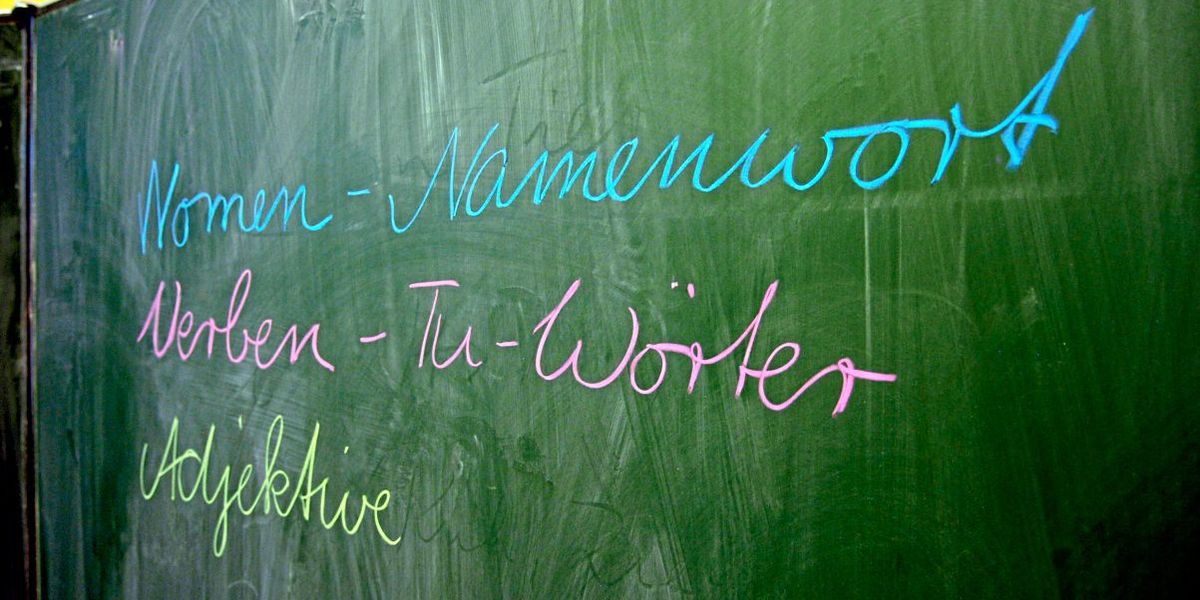Every week, according to the MTA, about 650,000 people travel on public buses in Brooklyn.
Since January, the Agency has held public hearings for any interested person to participate in the redesign of the more than 70 bus routes that circulate within and outside the county.
“We are interested in providing them with a bus system that is more direct, a bus system that is more reliable (trusted), and that it be faster because we understand that New Yorkers want to reach their destinations, they want to arrive safely and quickly, and that is why we are involved in this conversation with the community,” explains Quemuel Arroyo, MTA Senior Advisor.
The redesign seeks to create better connections between counties and reduce travel time for buses with actions that include the elimination of some stops that are not in high demand.
To participate, you just have to register on the MTA page mts.info-project-brooklyn-bus-network-redesign to attend in person or virtually.
Each session lasts one hour, from 6:30 to 7:30 pm or from 7:30 to 8:30 pm
If you do not speak English, you can request a translation, and you have several options for dates according to your neighborhood in Brooklyn.
For her part, Assemblywoman Marcela Mitaynes reminds the community how important it is to raise your voice to express transportation needs:
“Part of my neighborhood that I represent in Red Hook, by itself the trains don’t enter that neighborhood so the only form of transportation they have is really depending on the buses, we know that the Ferries have started to enter. But the truth is that this is an additional cost, it does not go exactly to all the places that we need and well, it is very important that people and the public have knowledge so that we can participate to ensure that the services are adequate for the communities that need them. ”, assures Mitaynes.
Quemuel Arroyo adds that “the draft plan that we made public is only the beginning of the conversation. There is no final plan and that will not come for many months, ”he indicates.
The MTA assures that the plan will not be launched until it has the approval and the participation of the largest possible number of users. Sessions will be held twice a week until mid-March.


